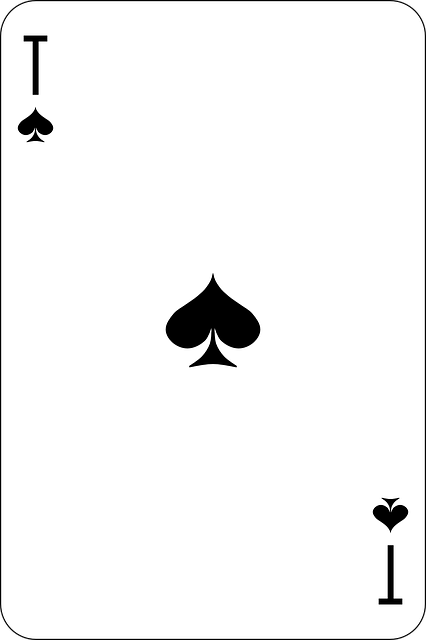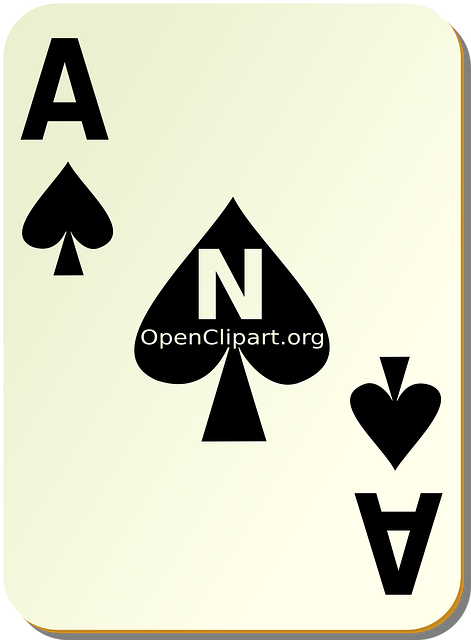The Gambling Laws EU vary greatly among member states, reflecting cultural and economic differences. The European Commission leads efforts to create a unified market through directives focused on fair competition, consumer protection, and safe gaming practices. National governments and local regulatory bodies enforce these laws, balancing national sovereignty with consistent standards while addressing licensing, taxation, and illegal online gambling. Future reforms must adapt to the evolving digital landscape, promoting responsible gambling across Europe.
Gambling laws across the European Union (EU) vary significantly from one member state to another, creating a complex regulatory landscape. This article provides an in-depth overview of gambling regulations within the EU, focusing on key players and authorities shaping its governance. We explore current challenges and delve into future directions for harmonizing and modernizing Gambling Laws EU, ensuring consumer protection while fostering innovation in this dynamic industry.
- Overview of Gambling Regulations Across EU Member States
- Key Players and Authorities in EU Gambling Governance
- Challenges and Future Directions for EU Gambling Laws
Overview of Gambling Regulations Across EU Member States

The Gambling Laws EU vary significantly across member states, reflecting diverse cultural and social attitudes towards gambling. While some countries have liberalized their gaming regulations, allowing for a wide range of online and offline gambling options, others maintain stricter controls, limiting the availability of certain games and betting activities. These variations are influenced by historical factors, local economies, and societal perceptions of gambling’s risks and benefits.
Despite these differences, EU legislation aims to create a unified market through directives and regulations that ensure fair competition, consumer protection, and safe gaming practices across borders. The European Commission plays a pivotal role in coordinating efforts to harmonize gambling laws EU-wide, addressing issues such as licensing, taxation, and the prevention of illegal online gambling. This process involves ongoing discussions, collaborations, and adjustments among member states to align their approaches while respecting national sovereignty over this domain.
Key Players and Authorities in EU Gambling Governance

The governance of gambling within the European Union (EU) is a complex web, with various key players and authorities each playing a crucial role in shaping and enforcing the Gambling Laws EU. At the heart lies the European Commission, which proposes and implements legislation to ensure a unified approach across member states. This includes directives and regulations that cover everything from licensing and operation to consumer protection and problem gambling measures.
National governments and local regulatory bodies are also pivotal. Each EU country has its own gambling regulator, tasked with overseeing operations within their borders. These authorities enforce local Gambling Laws EU, conduct inspections, and issue licenses to operators. They work collaboratively to maintain consistency while allowing for certain variations to cater to the diverse cultural and economic landscapes of the EU member states.
Challenges and Future Directions for EU Gambling Laws

The Gambling Laws EU landscape is a complex web of regulations, continually evolving as member states strive to balance economic interests with consumer protection. One significant challenge lies in harmonizing these laws while respecting national sovereignty and cultural diversity. Each EU country has its own approach to gambling regulation, leading to inconsistencies across the bloc that can create confusion for both operators and players.
Looking ahead, the future of Gambling Laws EU hinges on navigating technological advancements, particularly in online gambling. The rise of mobile gaming and cross-border digital platforms demands updated legislation that addresses issues like licensing, data protection, and problem gambling. Striking a delicate balance between fostering a robust European gaming market and ensuring responsible gambling practices will be crucial for the next wave of reforms.
The Gambling Laws EU have evolved into a complex web of regulations, with each member state contributing unique nuances. This article has provided an overview of the diverse landscape, highlighting the key players and authorities shaping EU gambling governance. As we look to the future, addressing challenges and staying abreast of emerging trends will be vital for maintaining a balanced and effective regulatory framework across the EU. Understanding these dynamics is essential for both industry stakeholders and policymakers as they navigate the ever-changing environment of European gambling regulations.






